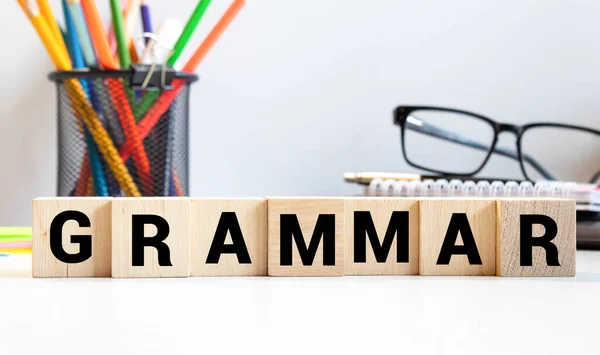Verbs that do not require “zu” in German

Verbs that do not require “zu” in German.In the German language, verbs that do not require “zu” play a pivotal and fundamental role in sentence structure and daily communication. These verbs reflect the simplicity and directness of language usage and contribute to the fluency of speech and ease of understanding.

Explanation about Verbs that do not require “zu” in German
- Modal Verbs: Modal verbs like “können” (can), “müssen” (must), “sollen” (should), “wollen” (want to), “dürfen” (may), and “mögen” (like) do not require “zu” when used with another verb in the sentence.
- Example: Ich will Deutsch lernen. (I want to learn German.)
- Perception Verbs: Verbs of perception such as “sehen” (see), “hören” (hear), and “fühlen” (feel) also do not require “zu” when used with another verb.
- Example: Ich höre dich singen. (I hear you singing.)
- Leaving Verbs: Leaving verbs like “gehen” (go), “fahren” (drive), “kommen” (come) also don’t require “zu” when used with another verb in infinitive.
- Example: Wir gehen schwimmen. (We are going swimming.)
- Helping Verbs: Helping verbs such as “haben” (have), “sein” (be), and “werden” (will/become) do not need “zu” when they are used with another verb to form different tenses or the passive voice.
- Example: Ich habe dich vermissen. (I have missed you.)
- Certain Fixed Expressions: Some verbs and expressions are always used without “zu”, and these need to be memorized. For example, “lassen” (let) is used without “zu”.
- Example: Ich lasse das Fenster öffnen. (I let the window open.)
- After Conjunctions: When a subordinate clause is introduced by certain conjunctions like “ohne dass” (without), “anstatt dass” (instead of), “um zu” (in order to), the “zu” is part of the conjunction, and thus the verb does not take an additional “zu”.
- Example: Er verließ, ohne sich zu verabschieden. (He left without saying goodbye.)
- After Certain Prepositions: Some prepositions are followed by the accusative case and the infinitive without “zu”, such as “um… zu” (in order to), “ohne… zu” (without), “anstatt… zu” (instead of).
- Example: Er lernt, um die Prüfung zu bestehen. (He is studying in order to pass the exam.)
Examples for using Verbs that do not require “zu” in German
| Verb Type | Example Verb | Example Sentence (German) | Example Sentence (English) |
|---|---|---|---|
| Modal Verbs | können | Ich kann schwimmen. | I can swim. |
| müssen | Du musst essen. | You must eat. | |
| wollen | Wir wollen reisen. | We want to travel. | |
| Perception Verbs | sehen | Ich sehe ihn laufen. | I see him running. |
| hören | Sie hört das Baby weinen. | She hears the baby crying. | |
| Leaving Verbs | gehen | Er geht einkaufen. | He is going shopping. |
| kommen | Die Kinder kommen spielen. | The children are coming to play. | |
| Helping Verbs | haben | Ich habe arbeiten. | I have worked. (Note: This example is not grammatically correct in German; a better example would be “Ich habe gearbeitet.”) |
| sein | Wir sind ins Kino gegangen. | We went to the cinema. | |
| Fixed Expressions | lassen | Sie lässt das Auto reparieren. | She has the car repaired. |
| After Conjunctions | ohne dass | Er ging, ohne dass ich es wusste. | He left without me knowing it. |
| After Prepositions | um… zu | Ich lerne, um die Prüfung zu bestehen. | I am studying in order to pass the exam. |
In conclusion, understanding verbs that do not require “zu” in the German language is of paramount importance. Grasping how and when to use these verbs is a significant step towards achieving proficiency and fluency in the language.





























